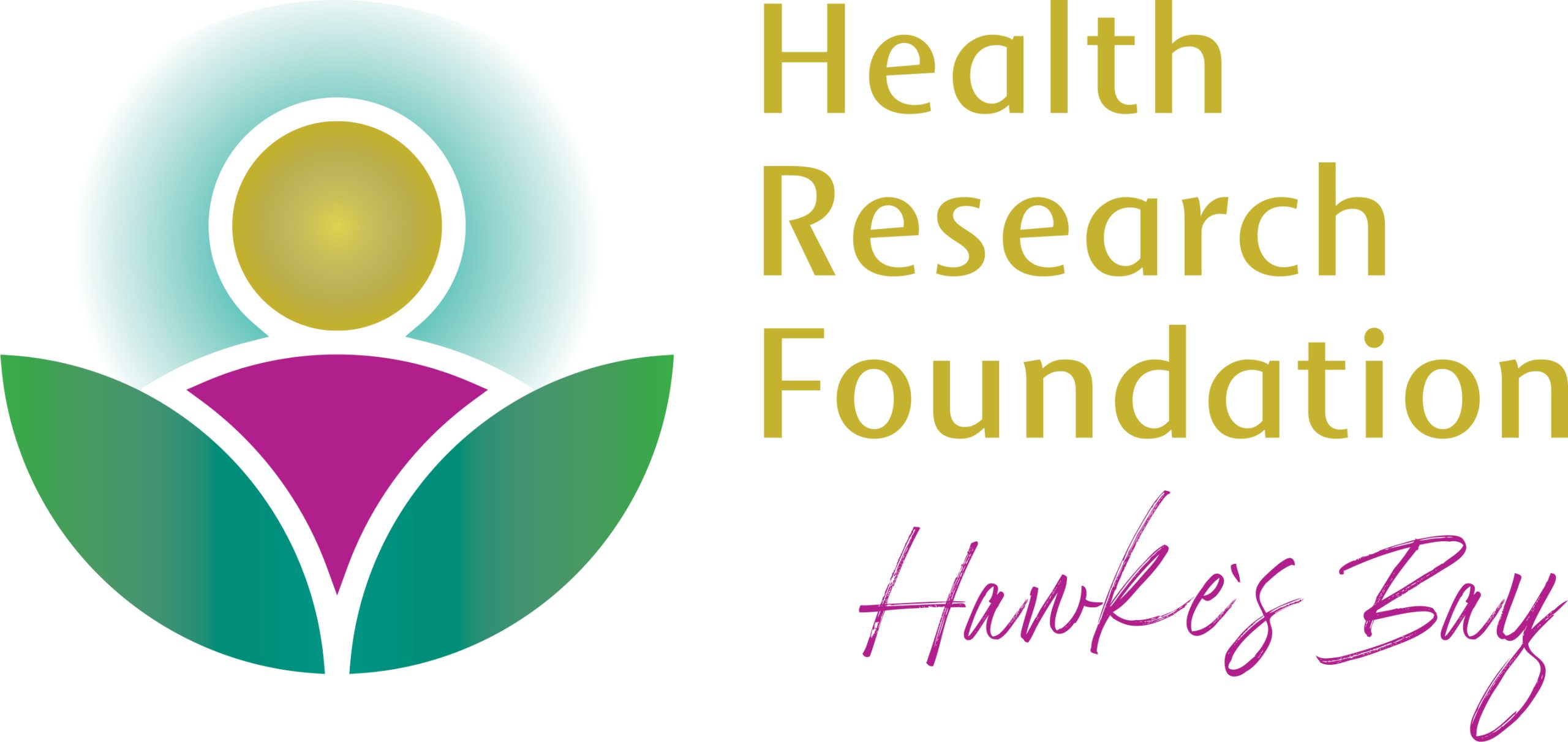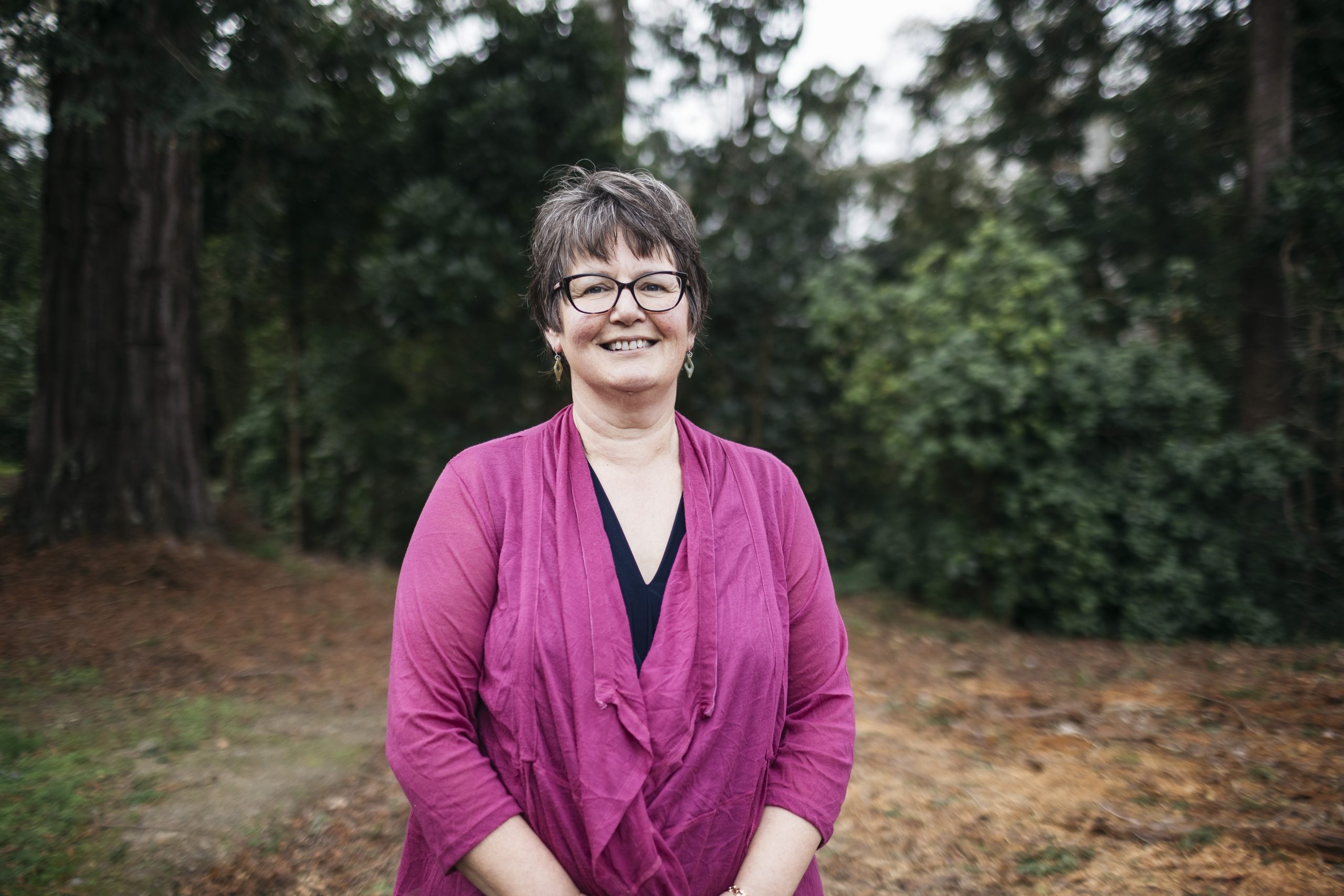We fund life-changing health research that directly benefits the Hawke's Bay community.
The foundation is made up of a carefully curated network of health professionals, business people, local government and researchers who all share a vision: better health outcomes for all.
$3million
invested in Research
63 years
of investing in research
Read about the Researchers that are making a difference.
We focus on Research that:
Our inspiring researchers
Research is the road to improving our health knowledge and related health care – it is an investment for the health of current and future generations. However, conducting research means hard work and dedication for extended periods. To empower emerging and established researchers to achieve industry-leading outcomes, the Health Research Foundation – Hawke’s Bay funds health research initiatives. Health professionals, clinicians, sports medicine experts, pharmacists, GP’s and specialist nurses are some of the backgrounds our researchers have. The foundation harnesses this diversity as a means of reaching multitudes of the community, always focussing on maximum impact on health.



